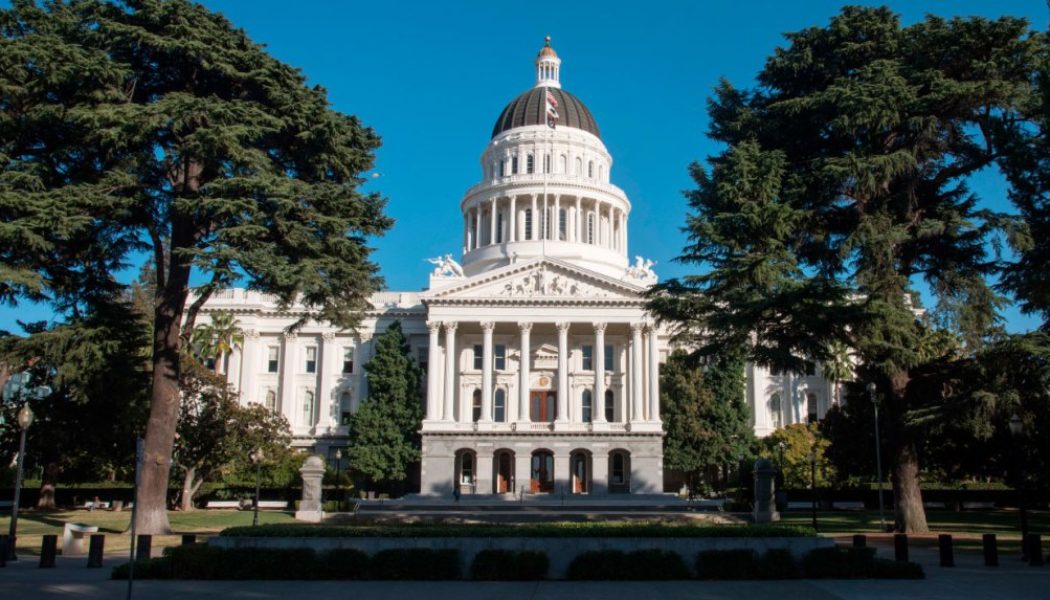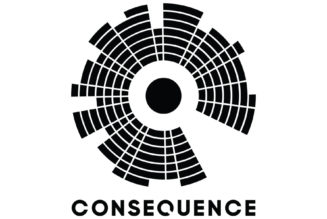
The Free Artists From Industry Restrictions (FAIR) Act passed out of the California State Assembly’s Labor & Employment Committee on Wednesday (March 30) after a 4-2 vote in favor of the legislation. The bill now moves to the Assembly’s Committee on Arts, Entertainment, Sports, Tourism and Internet Media for an April 19 hearing and vote.
Introduced by Assemblymember Ash Kalra (D-San Jose) in February, the FAIR Act — also known as Assembly Bill 2926 — would repeal a 1987 amendment to California’s “Seven-Year Statue” (a.k.a. California Labor Code Section 2855) that allows record labels to sue artists for damages if they leave after seven years but before delivering the required number of albums in their contract. The Seven-Year Statute, which limits personal services contracts for state residents to seven years, was enacted in 1944 following the judgment in actress Olivia de Havilland’s lawsuit against Warner Bros. Pictures.
“On behalf of all Californian artists, I want to thank Assemblyman Kalra and the Labor Committee for voting today to end discrimination against working music artists,” said Irving Azoff of the Music Artists Coalition (MAC) in a statement. “This is the first step in restoring the Seven Year Statute and granting artists the same protection enjoyed by every other Californian worker.”
“For too long, recording artists and actors have been held under the control of an industry that uses its leverage to dictate their ability to work and their career trajectory as artists,” added Assemblymember Kalra. “With today’s affirmative vote, we are one step closer to passing AB 2926 and prohibiting contract terms that are overly restrictive, antiquated, and unnecessarily punitive towards workers.”
Voicing disappointment in the outcome of today’s vote was the California Music Coalition, which advocates for the record labels. In a statement, the organization alluded to reservations expressed by two assemblymembers (both of whom voted in favor of the bill) during Wednesday’s hearing. “While the Labor Committee showed expected deference to Chairman Kalra and advanced his AB 2926 proposal, several members were clearly unsatisfied with core provisions of this bill and worried about unintended consequences of this legislation,” the organization said in a statement. “We are grateful for Asm. Jones-Sawyer’s concern about the risk to California’s entertainment economy from this legislation and strongly agree with Asm. Ward’s straightforward observation that ‘a contract is a contract.’ The California Music Coalition urges further scrutiny of this flawed proposal which would breach that core principle.”
The RIAA, which also advocates for the record labels, did not immediately respond to Billboard‘s request for comment.
Wednesday’s vote followed a roughly 45-minute hearing that saw testimony from Black Music Action Coalition co-founder/co-chair and artist manager Willie “Prophet” Stiggers in favor and RIAA chairman and CEO Mitch Glazier in opposition. Also testifying were actor Ginnifer Goodwin (in favor) and Motion Picture Association of America vp of state government affairs Melissa Patack (in opposition), as a number of the bill’s provisions also apply to actors.
In his testimony in favor of the bill, Stiggers argued that the 1987 amendment effectively offers “preferential treatment” to the major labels over other California state employers while amounting to “indentured servitude” for artists.
“The terms for record contracts are inequitable because the labels have all of the power,” he said. “And without the FAIR Act, artist have no means to escape. Why should the creative community that have given our society so much be penalized or lose their protection as a resident of California for financial gains for a record company?”
Stiggers further contextualized the repeal effort as “an issue of social and racial justice,” adding, “The majority of artists driving profits today are people of color, and the heads of the major labels and board members who benefit from those profits are not.”
In his testimony in opposition to the bill, Glazier asserted that despite being touted as a way to provide equity for creators, the FAIR Act will instead benefit only “a few superstar artists” (who would have more leverage to renegotiate under the bill), to the detriment of emerging talent.
“Current law allows for flexible, customized mutually beneficial and enforceable agreements between artists and labels and encourages risk-taking and investment in new and rising artists,” said Glazier. “AB 2926 decimates this mutually rewarding system…by shifting income, investment and opportunities away from developing artists.” Glazier has previously argued that the FAIR Act’s passage could result in new artists receiving lower royalties and advances on their initial contracts, as it would disallow labels from recouping their investment on undelivered albums if artists were to walk away.
Glazier contended that the bill would hurt artists in other ways, including by placing “severe and unprecedented restrictions” on their ability to tour under a purely time-based contract. “It’ll hamper their ability to renegotiate and deter their record company from exercising options, because it statutorily controls important flexible and negotiated contract provisions that allow periods to tour or to obtain more favorable consumer data to demonstrate success going forward,” Glazier continued. “The law makes very personal business decisions, limiting opportunities and the ability to establish meaningful partnerships.”
The original FAIR Act (AB 1385) was introduced in March 2021 by Assemblymember Lorena Gonzalez (D-San Diego), but the bill was pulled when she left office to become head of the California Labor Federation (CLF). Assemblymember Kalra introduced AB 2926 on Feb. 18 with some additional stipulations, including a provision stating that if an artist “willfully renegotiates” an existing contract with the label, a new seven-year period would start on the execution date of the renegotiated deal, but only if certain criteria is met. Additionally, AB 2926 added a stipulation allowing artists to terminate their original deal if the label fails to exercise its option for more releases within nine months after the commercial release of a music product option.
Kalra tells Billboard that today’s vote went the way he anticipated (“Every Democrat voted for it, none of the Republicans did,” he quipped) despite intense lobbying from its opponents. “There’s no doubt that the industry is planting a lot of seeds of doubt that I think we need to combat,” he says. “And that’s always the case when you’re going up against powerful industries.”
During the hearing, two assemblymembers — Christopher M. Ward (D-San Diego) and Reginald Byron Jones-Sawyer, Sr. (D-South Los Angeles) — brought up the potential of bifurcating AB 2926 between provisions that apply to musicians versus those that apply to actors, but Kalra says he intends to keep the bill intact. “I would prefer not to [bifurcate it], because it really deals with the same issue when it comes down to it, which is creatives that are beholden to arcane rules that came about many decades ago,” he says.
If the FAIR Act passes the Arts Committee on April 19, an Appropriations Committee hearing will follow. Were the bill to pass all three committees, it would go to the assembly floor for a vote — and, if it passes there, move to the state Senate.
[flexi-common-toolbar] [flexi-form class=”flexi_form_style” title=”Submit to Flexi” name=”my_form” ajax=”true”][flexi-form-tag type=”post_title” class=”fl-input” title=”Title” value=”” required=”true”][flexi-form-tag type=”category” title=”Select category”][flexi-form-tag type=”tag” title=”Insert tag”][flexi-form-tag type=”article” class=”fl-textarea” title=”Description” ][flexi-form-tag type=”file” title=”Select file” required=”true”][flexi-form-tag type=”submit” name=”submit” value=”Submit Now”] [/flexi-form]










Tagged: black music action coalition, business, entertainment blog, FAIR Act, Irving Azoff, Legal, Music Artists Coalition, music blog, Record Labels, RIAA